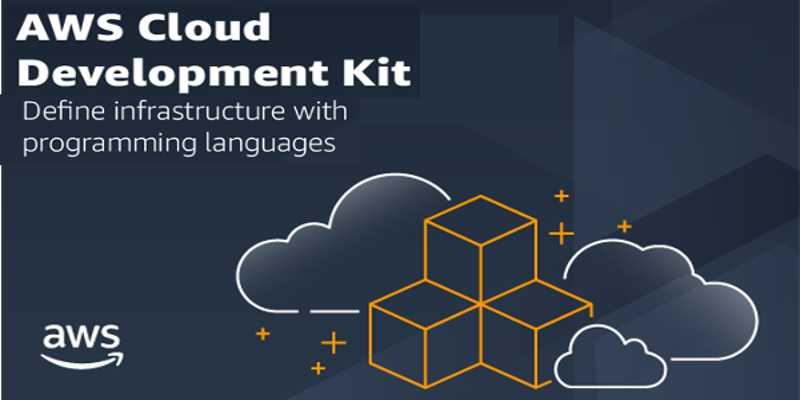AWS Developer Tools Blog
Build infrastructure continuous integration for Terraform code leveraging AWS Developer Tools and Terratest
Introduction Day by day customers are embracing Infrastructure as Code (IaC) as a main approach to design, provide, develop and maintain their cloud infrastructure. IaC ensures reproducibility and scalability of their infrastructure while at the same time it allows DevOps to adopt best practices and paradigms. In the context of IaC, Terraform is widely used among […]
Getting started with the AWS Cloud Development Kit and Go
We are excited to announce that Go support for AWS CDK is now in Developer Preview. This means it is now ready for you to test drive in your own CDK applications. This post will show you how to initialize a new AWS CDK app as well as the basics of creating and deploying AWS […]
AWS SDK for .NET version 1 has reached the end of support
AWS SDK for .NET version 1 (v1) has reached the end of support. We will no longer publish any updates to .NET SDK v1, including critical bugs or security updates. Previously published releases will continue to be available via NuGet. The code will remain on GitHub, but the repository may be archived in the future. […]
Running a Kubernetes Job in Amazon EKS on AWS Fargate Using AWS StepFunctions
In a previous AWS Blog, I shared an application orchestration process to run Amazon Elastic Container Service (Amazon ECS) Tasks on AWS Fargate using AWS Step Functions. This blog will be similar continuation but here we will be running the same application on Amazon EKS as a Kubernetes job on Fargate using StepFunctions. Amazon EKS […]
.NET Standard 1.3 is no longer supported in AWS SDK for .NET version 3.7
Microsoft announced the end of support for .NET Core 1.0 and 1.1 platforms on June 27th, 2019. Following that, on May 18th, 2020, we announced the upcoming end-of-support for .NET Standard 1.3 in AWS SDK for .NET version 3. Yesterday we released version 3.7 of the AWS SDK for .NET which no longer supports .NET […]
Introducing AWS SSO support in the AWS Toolkit for VS Code
With the latest release, you can get connected with AWS SSO in the AWS Toolkit for VS Code. To get started you will need the following prerequisites: Configured single sign-on by enabling AWS SSO, managing your identity source, and assigning SSO access to AWS accounts. For more, information see Using AWS SSO Credentials docs as […]
Announcing the end of support for Ruby runtimes 1.9, 2.0, 2.1 and 2.2 for the AWS SDK For Ruby
Starting September 1, 2021, AWS SDK For Ruby will no longer support these end of life (EOL) Ruby runtime versions: Ruby 1.9.3 – EOL began on 2015-02-23 Ruby 2.0.0 – EOL began on 2016-02-24 Ruby 2.1 – EOL began on 2017-03-31 Ruby 2.2 – EOL began on 2018-03-31 Since these versions have long passed end-of-life, […]
Reimagining the AWS .NET deployment experience
In 2012, AWS launched .NET support for AWS Elastic Beanstalk – AWS’s first deployment service. At the same time, we also released Visual Studio support via the AWS Toolkit for Visual Studio to help developers deploy their ASP.NET applications to AWS. In the 9 years since that release, the world has changed a lot. AWS […]
GraalVM Native Image Support in the AWS SDK for Java 2.x
We are excited to announce that AWS SDK for Java 2.x (version 2.16.1 or later) now has out-of-the-box support for GraalVM Native Image compilation. GraalVM is a universal virtual machine that supports JVM-based languages (e.g. Java, Scala, Kotlin), dynamic languages (e.g. Python, JavaScript), and LLVM-based languages (e.g. C, C++). GraalVM Native Image is one of […]
Generate a presigned URL in modular AWS SDK for JavaScript
On December 15th, 2020, we announced the general availability of the AWS SDK for JavaScript, version 3 (v3). This blog shows you how to generate a presigned URL for an Amazon S3 bucket using the modular AWS SDK for JavaScript. Motivation A presigned URL gives you access to the object identified in the URL, provided […]



